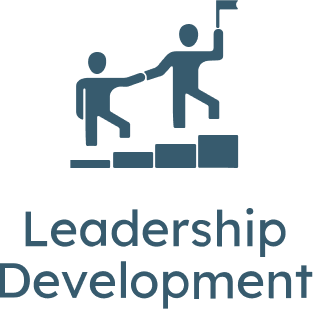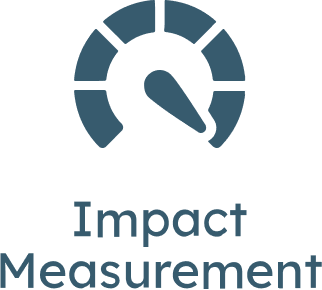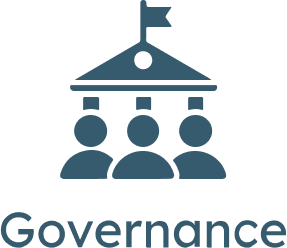
As a part of the sourcing process, established networks recommend their community-based partners to us. Referred as ‘Nodes’ or ‘Nodal partners’ are individuals or organizations from the larger non-profit sector that have worked with smaller organizations in various capacities.
The Rebuild India capacity building initiative takes a participatory approach to building the capabilities of proximate leaders, working alongside them to identify key areas that need strengthening to support vulnerable communities. Experienced external facilitators and sector experts are brought into workshops for selected NGO cohorts, creating a mix of case-study-based facilitation, peer and expert-led sessions and group activities.
The team hosts virtual and in-person workshops for the portfolio each year in a variety of formats, enabling leaders to learn, share their work, explore collaborative opportunities within and outside the Rebuild community.





